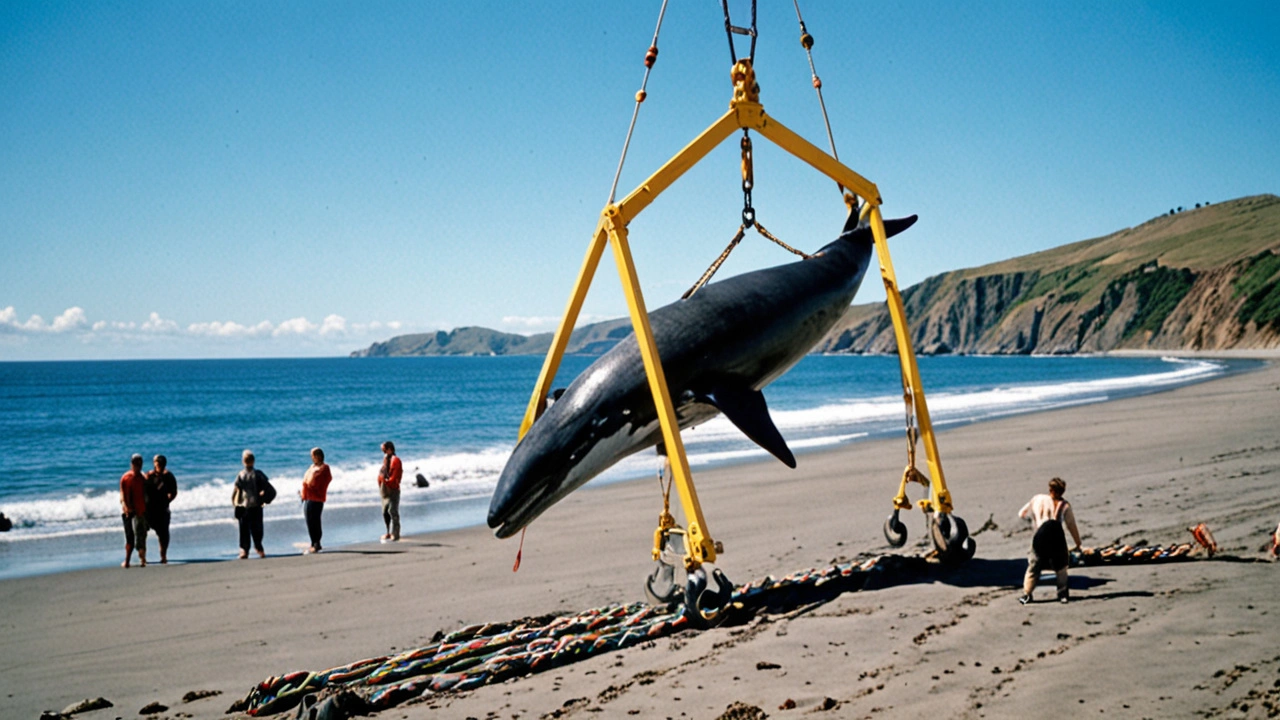Marine Biology in Africa: What You Need to Know
Did you know Africa's coasts host coral reefs, upwelling fisheries and unique island ecosystems all within a single ocean basin? Marine biology studies those living systems — from tiny plankton to coastal sharks — and how people and oceans affect each other. If you care about food security, climate impacts, or protecting coastal life, marine biology is a practical way to help.
Where research happens and hot topics
Research in Africa runs from university labs to marine protected areas. South African institutions like the University of Cape Town and research centres such as the South African Institute for Aquatic Biodiversity lead many studies. Off Madagascar and Mozambique you'll find coral systems that researchers monitor for bleaching and recovery. On the west coast, upwelling zones off Senegal and Mauritania drive important fisheries research.
Key topics you'll see in the news: overfishing and illegal nets, coral bleaching tied to warming seas, pollution from rivers and plastics, and efforts to set up or expand marine protected areas (MPAs). Scientists also study aquaculture as a way to reduce pressure on wild stocks, and they use remote sensing and GIS to map habitats faster than ever.
How you can get involved or start a career
Want to try marine biology without committing to a degree? Start small. Take online courses or MOOCs on platforms like Coursera or edX to learn basics in ocean ecology. Get a SCUBA open-water certificate (PADI or equivalent) if you want fieldwork on reefs. Join citizen science projects: iNaturalist and Reef Check let you record sightings and contribute to real research.
If you aim for a career, common entry paths include a BSc in marine biology, ecology or oceanography, followed by field experience. Employers value hands-on skills: boat handling, SCUBA, basic lab techniques, sample processing, GIS and data analysis (R or Python). Volunteer with local NGOs, university labs, or coastal monitoring projects to build experience and contacts.
Practical tips for volunteers and travellers: avoid touching corals, use reef-safe sunscreen, support local guides and conservation programs, and report illegal fishing if you can safely do so. Small actions add up — beach cleanups and local awareness campaigns help scientists focus on bigger problems.
Looking for news and updates? Follow local science pages, university releases and conservation NGOs for the latest findings and policy moves. If you're in Africa, check for nearby marine research stations or MPAs where you can volunteer or attend talks. Whether you want to work in research, fisheries management, eco-tourism or restoration, marine biology gives many ways to make a clear, measurable impact on both local communities and ocean health.
Rare Spade-Toothed Whale Found on New Zealand Beach Ignites Scientific Curiosity
By Sfiso Masuku On 16 Jul, 2024 Comments (16)

A 16-foot spade-toothed whale has washed ashore on New Zealand's South Island, capturing the attention of the scientific community. This rare marine mammal, scarcely documented since the 1800s, offers researchers a unique chance to study its elusive habits and environment. The Department of Conservation, alongside local Māori, is handling the whale with cultural sensitivity while gathering crucial data to aid conservation efforts.
View More




